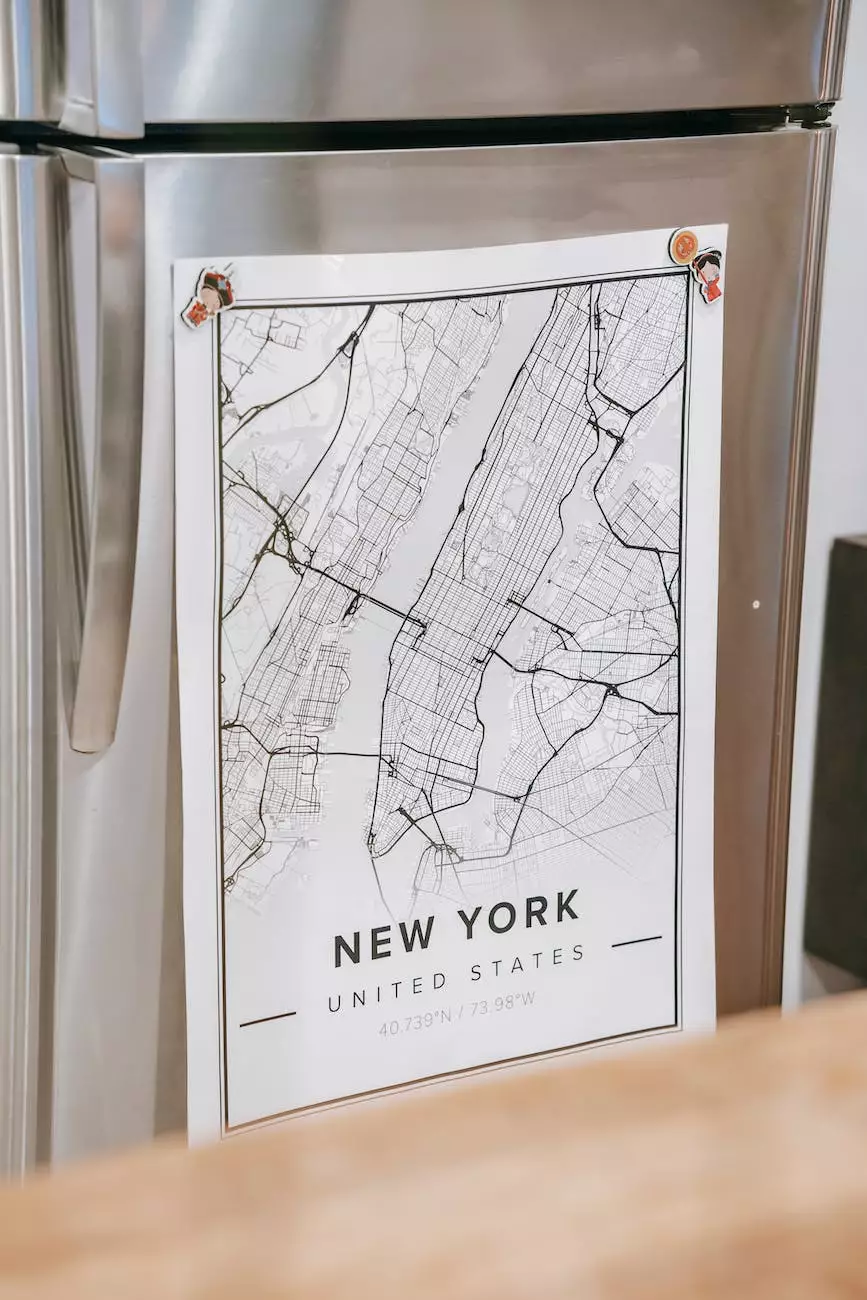Handling Security Deposit Returns
Property Management
Introduction
Welcome to Results Realty, your trusted partner in the real estate industry in Las Vegas. In this comprehensive guide, we will explore everything you need to know about handling security deposit returns, providing you with expert tips and guidelines to ensure a smooth and transparent process. Whether you are a tenant or a landlord, understanding your legal obligations and rights is essential when it comes to returning or receiving a security deposit.
The Importance of Security Deposits
A security deposit is a sum of money that tenants pay to landlords or property management companies before moving into a rental property. It serves as financial protection for the landlord in case of any damages beyond normal wear and tear or unpaid rent. For tenants, security deposits are a way to secure their position and demonstrate financial responsibility.
Handling security deposits appropriately is crucial for maintaining a healthy landlord-tenant relationship and avoiding potential disputes. At Results Realty, we prioritize transparency and fair practices, ensuring that both tenants and landlords understand their rights and responsibilities.
Tenant's Responsibilities
As a tenant, it is important to take certain steps to ensure a smooth return of your security deposit. Below are some key responsibilities to keep in mind:
- Documenting the Move-in Condition: Before moving into the rental property, thoroughly document the condition of the premises. Take clear photographs or videos, noting any existing damages or issues. This evidence can be valuable when discussing the return of your security deposit later on.
- Complying with the Lease Agreement: Adhere to the terms and conditions outlined in your lease agreement. This includes paying rent on time, ensuring that the property is kept clean and well-maintained, and reporting any damages to the landlord or property management as soon as they occur.
- Providing a Forwarding Address: When moving out, remember to provide your landlord with a forwarding address where they can send the security deposit refund. Make sure to update your contact information promptly to avoid any delays.
- Coordinating Move-out Inspection: Contact your landlord to arrange a move-out inspection. This inspection allows both parties to assess the condition of the rental property and address any issues or damages. Be present during the inspection to address any questions or concerns regarding the return of your security deposit.
Landlord's Responsibilities
As a landlord, you have certain obligations when it comes to handling security deposits. Understanding and fulfilling these responsibilities protects your interests and maintains your reputation as a trustworthy landlord. Here are some essential steps for handling security deposit returns:
- Providing a Written Lease Agreement: Present tenants with a comprehensive written lease agreement that clearly explains the terms and conditions regarding the security deposit. Ensure that tenants have a complete understanding of their rights and responsibilities.
- Complying with State Laws: familiarize yourself with the local and state laws governing security deposits. Each jurisdiction may have specific regulations regarding the amount of the security deposit, the timeline for its return, and any deductions that may be made.
- Conducting a Move-in Inspection: Prior to a tenant moving into the rental property, perform a move-in inspection together. Document the property's condition thoroughly using the appropriate checklist and take photographs or videos as evidence of its initial state.
- Notifying Tenants of Deductions: If any deductions need to be made from the security deposit, promptly notify tenants in writing. Communication is key to avoiding disputes, and providing an itemized list of deductions and their justifications helps maintain transparency.
The Return Process
After a tenant moves out, handling the return of the security deposit should be done in a timely and fair manner. Here are the steps involved in the return process:
- Move-out Inspection: Conduct a move-out inspection to assess the condition of the rental property. Compare the condition to the move-in inspection report, noting any damages or issues that exceed normal wear and tear.
- Calculating Deductions: If there are any legitimate deductions required, accurately calculate the deduction amount based on repair or cleaning costs. Ensure that the deductions are reasonable and supported by receipts or invoices.
- Notification to the Tenant: Notify the tenant in writing within the legally specified timeframe regarding the deductions made from their security deposit. Include an itemized list of deductions along with any remaining refunded amount.
- Returning the Deposit: Send the security deposit refund to the tenant's provided forwarding address within the time frame specified by law. Ensure that the refund is accompanied by a detailed account of deductions and any required documentation.
Conclusion
At Results Realty, we understand the significance of handling security deposit returns professionally and fairly. Whether you are a tenant or a landlord, our expert team is here to assist you every step of the way. By following the guidelines and tips provided in this guide, you can ensure a smooth return of your security deposit and foster a positive landlord-tenant relationship.
For more information or assistance with any real estate matters, please don't hesitate to contact Results Realty, your trusted partner in the Las Vegas real estate market.




